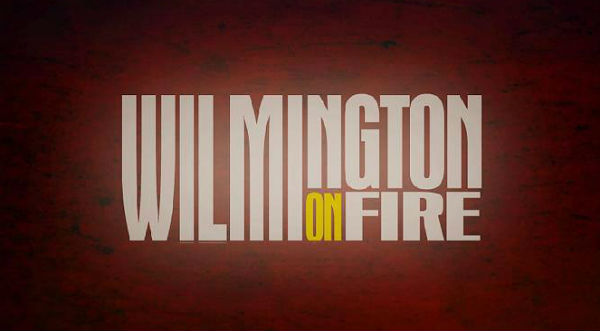Dr Jenny Barrett

If Black History Month seems like a recent American phenomenon, it may surprise you to know that Black History Month has its roots in a public history event in the US in February 1926 called “Negro History Week” which sought to endorse equality and celebrate Black achievement. Fifty years later it was given Presidential recognition and became a national month of celebration.
Thanks to the trailblazing efforts of activists and politicians in Britain over several decades, Black History Month was first recognised here in 1987, allegedly moved from February to October to coincide with the start of the academic year for universities. Whilst clearly inspired by the US BHM, it was also important for us to appreciate the distinct context of Britain as a nation with a long history of both racism and anti-racism.
Through recognising the efforts of those who have gone before us we can find the motivation to find ever more creative and effective ways to stand against racism here in the UK.
There is much, however, that we can continue to learn about Black achievement and persecution in US history.
Only in recent years has the story of the city of Wilmington, North Carolina, become public knowledge. In 1898, the black businesses, officials and families of Wilmington were massacred and exiled by a white militia. Their attack was the only completely successful coup of its kind, eventually filling all positions of power across the city with white people and claiming homes and land for themselves. It has been described as the event that began the consolidation of the White Supremacy movement and the establishment of Jim Crow segregation in the state, but for over a century it was kept out of the history books.
African American filmmaker Christopher Everett’s documentary, Wilmington on Fire, allows descendants of the Wilmington riots to tell the story along with local historians and scholars. In their own words we hear of the politically-sanctioned corruption, greed and violence which led to an event as shocking as the events in Washington, D.C. in January of this year.
On Thursday 21st October, Edge Hill University’s International Centre on Racism will be hosting the first UK screening of Christopher Everett’s film, followed by a live Q&A with the director via video link. Chris will also tell us about his follow-up to the film, Wilmington on Fire II, filmed in the aftermath of the death of George Floyd in police custody.
Please book early to avoid missing this astounding, important film by clicking here.
This event is generously supported by the Institute for Social Responsibility.
Black History at Edge Hill University will be considered across several discussions, debates, and performances from international, national, and local experts. Please use this link to find out more.
Dr Jenny Barrett is a film scholar at Edge Hill University, and is the Co-Director and founder of the International Centre on Racism.

